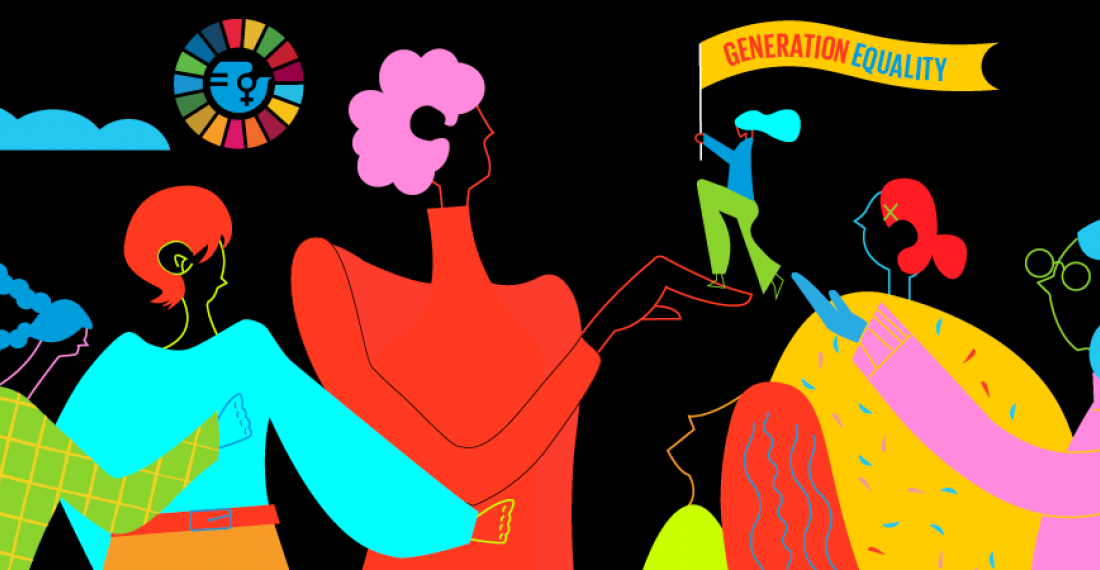8 March is celebrated worldwide as International Women's Day. It offers an opportunity to celebrate the work and achievements of women in all spheres world wide. It is also, however, an opportunity to reflect on the fact that women continue to be discriminated against in many countries and across many walks of life. International Women's Day must therefore focus primarily on the key message that full equality between men and women must remain the priority.
This year the United Nations is focusing on the importance of women in the decision making process at all levels of society.
Women of the world want and deserve an equal future free from stigma, stereotypes and violence; a future that’s sustainable, peaceful, with equal rights and opportunities for all. To get us there, the world needs women at every table where decisions are being made.
This year, the theme for International Women’s Day (8 March), "Women in leadership: Achieving an equal future in a COVID-19 world", celebrates the tremendous efforts by women and girls around the world in shaping a more equal future and recovery from the COVID-19 pandemic and highlights the gaps that remain.
Women’s full and effective participation and leadership in of all areas of life drives progress for everyone. Yet, women are still underrepresented in public life and decision-making, as revealed in a recent report by the UN Secretary-General. Women are Heads of State or Government in 22 countries, and only 24.9 per cent of national parliamentarians are women. At the current rate of progress, gender equality among Heads of Government will take another 130 years.
Women are also at the forefront of the battle against COVID-19, as frontline and health sector workers, as scientists, doctors and caregivers, yet they get paid 11 per cent less globally than their male counterparts. An analysis of COVID-19 task teams from 87 countries found only 3.5 per cent of them had gender parity.
When women lead, we see positive results. Some of the most efficient and exemplary responses to the COVID-19 pandemic were led by women. And women, especially young women, are at the forefront of diverse and inclusive movements online and on the streets for social justice, climate change and equality in all parts of the world. Yet, women under 30 are less than 1 per cent of parliamentarians worldwide.
This is why, this year’s International Women’s Day is a rallying cry for Generation Equality, to act for an equal future for all.
The editorial team of commonspace.eu wish a Happy International Women's Day to all our female subscribers, readers and associates in Europe, its neighbouring regions east and south, and world wide.
Source: commonspace.eu with UN Women
Photo: UN Women/Yihui Yuan.







